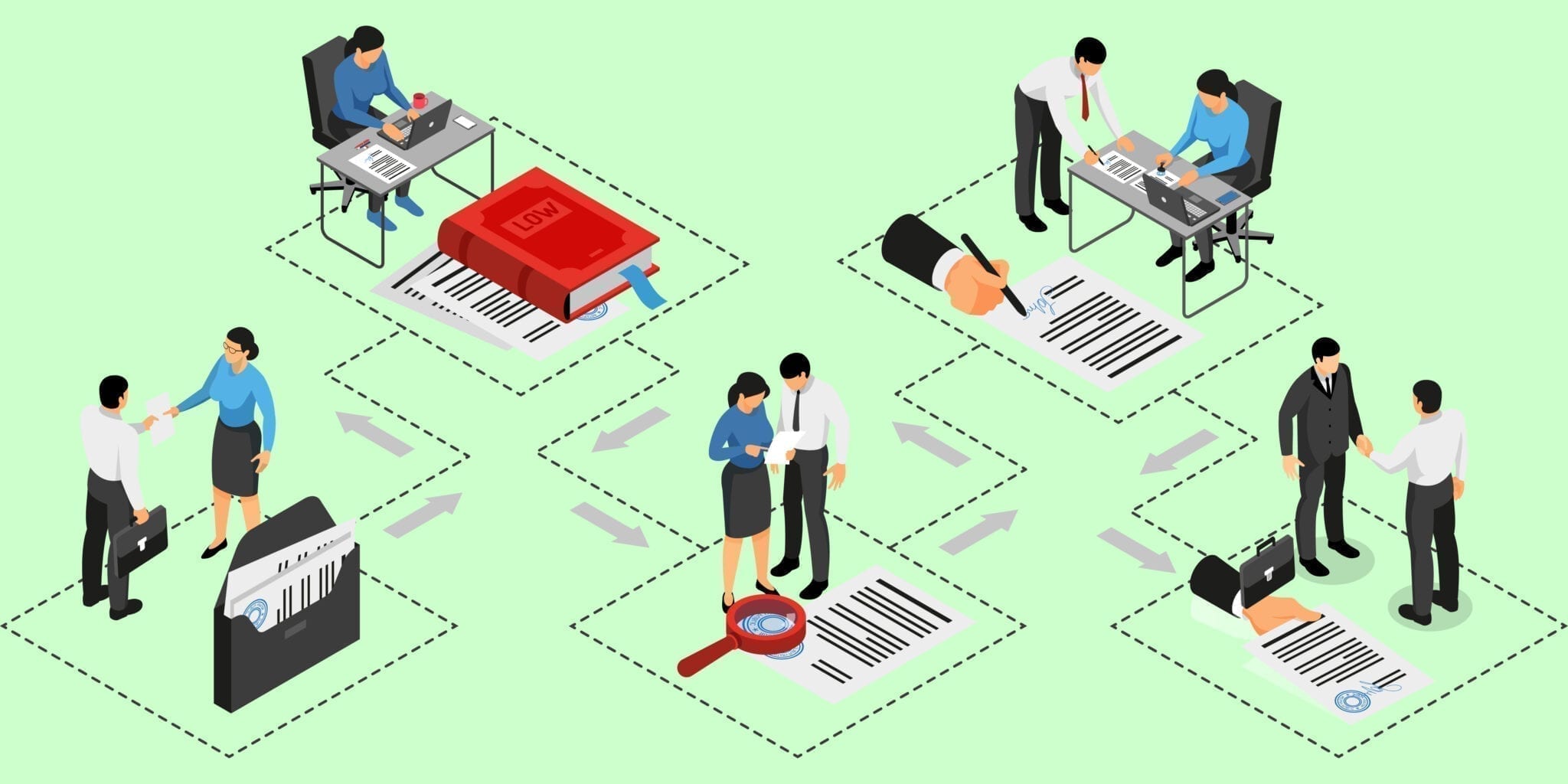There are also cultural aspects that play a part in such papers. Law is a cultural concept. It is affected by cultures in every society. You cannot separate it from the social life of people, which is why it is important for a document to be in accordance with the culture of the target audience. In some states, religious rulings affect the law. Facts like this must be kept in mind when translating legal documents.

Legal Translators:
There are various ways someone can become an expert in this field. Some people become a paralegal and then join the language industry; however, that isn’t necessary. A person must be aware of the law of two different countries, along with their languages. This isn’t something that you can learn by becoming a paralegal. There are different dictionaries that help experts with legal terminologies; however, they are not always accurate. Doing research regularly and staying up-to-date about the latest rulings is the only way to become an expert in the field.
Legal Jargon for Translators:
Laws change with time, which is why translators should also update their knowledge regularly. However, there are a few basic terms that aren’t going to change, at least not any time soon. They are the terms that translators must be aware of if they wish to do their job properly. They cannot become a good linguistic expert if they don’t know the meaning of the basic legal jargon. Here are a few commonly used terms in the field of legal translation:
- Sworn Translations:
In some countries, courts only accept this type of linguistic service. It is a way of making sure that the translation is accurate. In order to submit this type of linguistic service, the translator must appear before a court of law and swear an oath while presenting a copy of the translation. In some countries, they are also required to submit a signed declaration that their work is complete and accurate. The original document is also presented to prove that the translated version of it is complete.
It is the type of linguistic service that is accepted in most countries. It is also one of the most in-demand types of linguistic services because it is required by immigration offices. It is quite similar to a sworn translation, but the expert does not have to appear before a court of law. All they have to do is carry out their task and then give a signed statement with it in which they declare that their work is accurate. They must also add their contact details under their signature. This way, they can be reached out to if there is any confusion regarding their work. It is considered the most accurate type of linguistic service all over the world, and it can only be done by someone highly qualified.
- Apostille Translation:
The Apostille treaty made it possible for people to present their certified documents in another country without the need to get double verification. An apostille certifies their document in the countries that signed the treaty. The apostille can be used for legal purposes and saves people’s time that would have been wasted on obtaining verification. The translation of an apostille is very important for this process. Without it, the document will not be eligible for verification in a foreign country. It is the duty of a translator to handle this task carefully as there should not be any mistakes in the final document.









